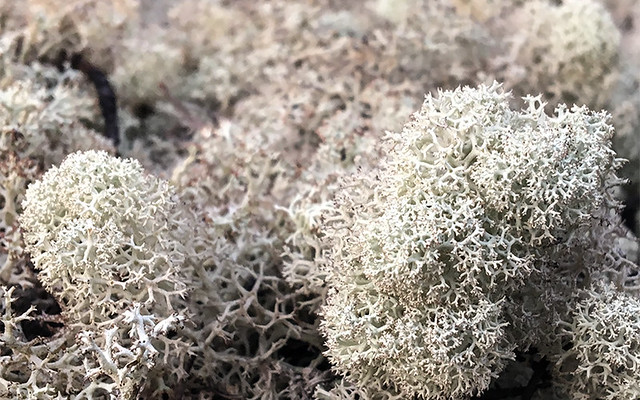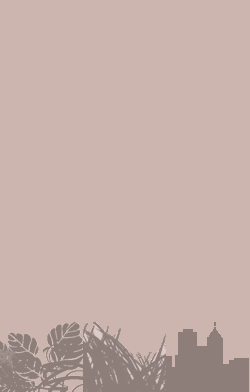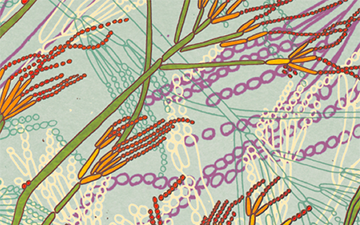Ascomycota

Usnea Lichen
Usnea sp.


Sorry, there is no photo available. If you have one, please submit
here
.
1 POINTS
HILL
FACT: This lichen called old man’s beard must be played next to a tree.
cold, cool, warm
Graphic by Nandita Chhetriwcn.org.np/
Usnea is a genus of mostly pale grayish-green fruticose lichens that grow like leafless mini-shrubs or tassels anchored on bark or twigs.[1]:203 The genus is in the family Parmeliaceae. It grows all over the world. Members of the genus are commonly called old man’s beard, or beard lichen.[1]:203 Like other lichens it is a symbiosis of two or three fungi and an alga.[2] In Usnea, the fungus belongs to the division Ascomycota, while the alga is a member […] read more

Reindeer Lichen
Cladina stellaris


Sorry, there is no photo available. If you have one, please submit
here
.
3 POINTS
Play: Only on jack pine, black spruce, or sphagnum moss.
Fact: Reindeer lichen grows only 3-5 mm per year and can take decades to grow back after disturbance.
cold, cool
Graphic by Elly Knighttwitter.com/ellycknight
Cladonia stellaris is an ecologically important species of lichen that forms continuous mats over large areas of the ground in boreal and arctic regions around the circumpolar north. The species is a preferred food source of reindeer and caribou during the winter months,[1][2][3] and it has an important role in regulating nutrient cycling and soil […] read more

Penicillium
Penicillium chrysogenum


Sorry, there is no photo available. If you have one, please submit
here
.
2 POINTS
Fact: The antibiotic, Penicillin G, is derived from this species of fungus.
cool, warm
Graphic by Julia K. Kreutzjuliakreutz.com/
Penicillium chrysogenum is a species of fungus in the family Trichocomaceae. It is common in temperateand subtropical regions and can be found on salted food products,[1] but it is mostly found in indoor environments, especially in damp or water-damaged buildings.[2] It was previously known as Penicillium notatum.[3] It has rarely been reported as a cause […] read more